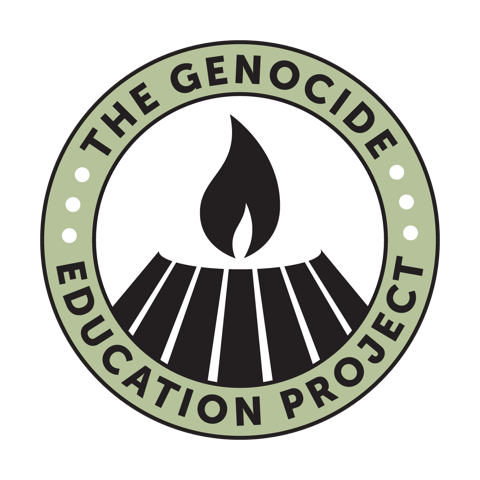March 5-7: California Council for the Social Studies
Survivor Objects and the Armenian Genocide
Sunday, March 7, 11:15 am
Investigate the life of the Zeytun Gospels, an 800-year-old manuscript that survived the Armenian Genocide. Understanding the life of an object like the Zeytun Gospels illuminates the devastation of genocide. It also shows how justice, even in small doses, can be found amidst the ruins left by genocide. Follow the journey of this sacred document through an inquiry-based lesson.
This session will examine the issues surrounding survivor objects in the context of the Armenian Genocide as participants analyze a myriad of documents that span eight hundred years, multiple continents, scrupulous and unscrupulous people, and the will of a nation devastated by genocide to survive. Understanding the life of an object like the Zeytun Gospels can illuminate the ongoing and personal devastation genocide inflicts on a people. It also shows how justice, even in small doses, can be found amidst the ruins left by genocide.
March 11: Free Webinar
Unending Loss and Trauma:
Teaching about the Armenian Genocide in Context of the
2020 Artsakh War
Thursday, March 11, 7:30 pm EST
In September 2020, Azerbaijan, aided by Turkey, attacked the ethnic Armenian region of Artsakh (Nagorno Karabagh). The Armenians of Artsakh, who had been placed within Azerbaijan’s control during the years of the Soviet Union, had gained de-facto independence after the fall of the Soviet Union in the early 1990s. Azerbaijan and Turkey sought to end that self-rule with overwhelming military might.
To access the situation in Artsakh, it is imperative to trace the history of violence and genocide against Armenians to Ottoman times. The 2020 Artsakh war, the humanitarian crisis it unleashed, and real concerns about the Armenian nation’s continued survival in the region have tangible and teachable roots in the 1915 Armenian Genocide perpetrated by Ottoman Turkey during WW I.
Although the Armenian Genocide was carried out 100 years ago, Turkey’s actions and the international response since 1915 provide important lessons that can intensify our students’ understanding of the continuing damage caused by genocide and its denial.
